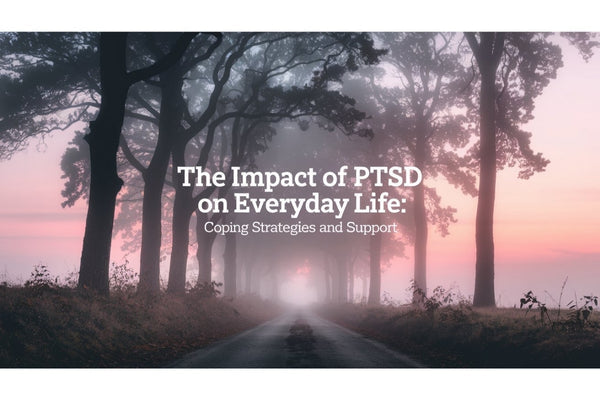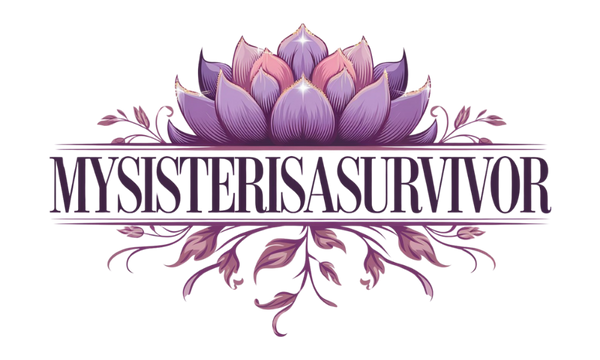
The Impact of PTSD on Everyday Life: Coping Strategies and Support
Share
PTSD (Post-Traumatic Stress Disorder) is not confined to flashbacks or nightmares - it affects nearly every aspect of a person’s daily life. Understanding the far-reaching impact of PTSD is essential for creating supportive environments for those affected. In this blog, we explore how PTSD alters routines, relationships, and well-being - and share effective coping strategies.
Common Symptoms That Interfere With Daily Life
- Hypervigilance: Constantly scanning for danger can lead to chronic fatigue and anxiety.
- Emotional Numbing: Survivors may feel disconnected from joy, intimacy, or empathy.
- Avoidance Behaviors: Skipping activities, places, or people associated with trauma.
- Sleep Disruption: Insomnia, nightmares, and night terrors are common.
- Cognitive Effects: Difficulty concentrating, memory lapses, or disorientation.
How PTSD Affects Relationships
PTSD can make it difficult to trust, communicate, or feel safe - even with loved ones. Survivors may pull away or react intensely to seemingly minor triggers. Friends and family might not understand these reactions unless they’re educated about PTSD.
Effective Coping Strategies
- Grounding Techniques: Use sensory tools (like touch, smell, or sound) to stay present.
- Therapy Options: EMDR, cognitive behavioral therapy, and group therapy are highly effective.
- Routine Building: Consistent routines can foster a sense of control and safety.
- Mindfulness Practices: Deep breathing, meditation, and journaling help regulate the nervous system.
The Role of Support Systems
Support can come in many forms:
- Professional: Therapists, counselors, trauma-informed coaches.
- Peer: Online and local support groups.
- Personal: Friends, family, pets, or mentors.
Moving Toward Healing
While PTSD doesn’t disappear overnight, consistent support and effective strategies can significantly improve quality of life. Healing is not linear - but it is possible.
